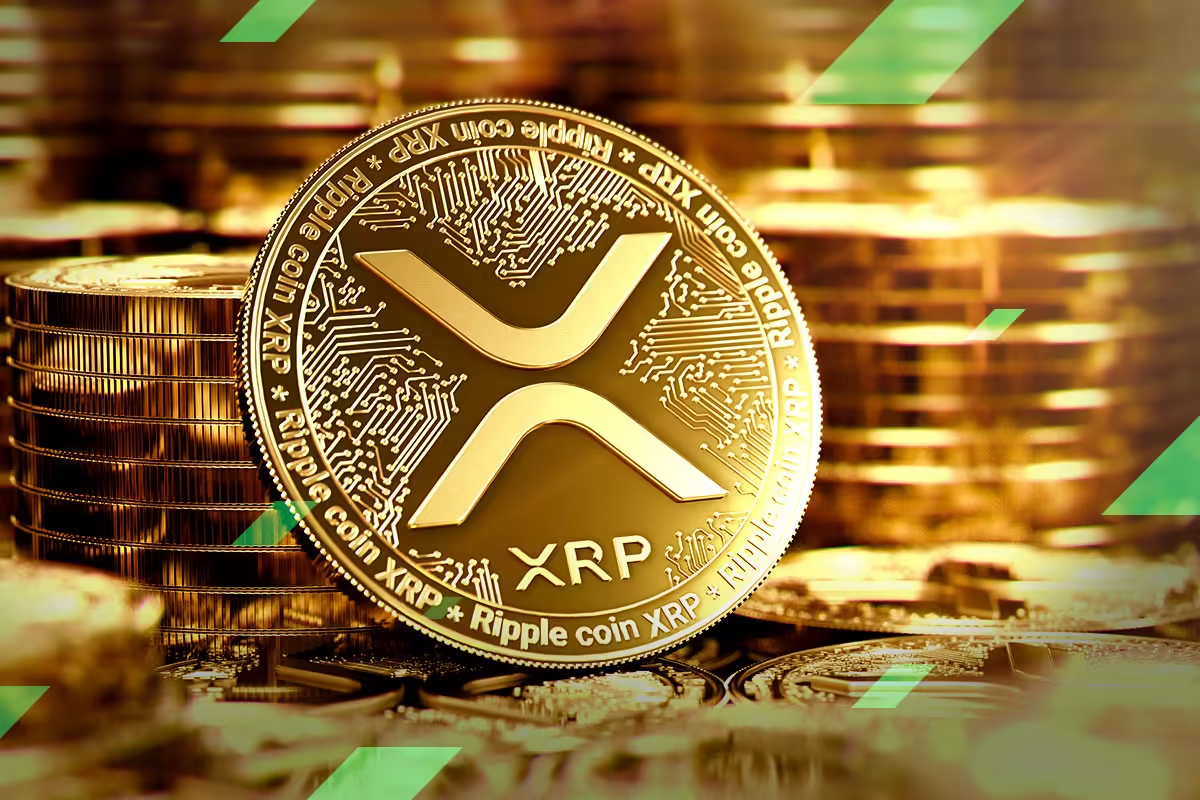|
Getting your Trinity Audio player ready...
|
In a recent development that has stirred the crypto community, XRP lawyer Bill Morgan expressed skepticism over the U.S. Securities and Exchange Commission’s (SEC) terminology and approach to digital assets. This reaction came after SEC Commissioner Mark Uyeda proposed tailored S-1 registration forms for digital asset securities during Korea Blockchain Week 2024. Morgan’s concerns highlight ongoing tensions between regulatory authorities and the cryptocurrency industry, particularly in defining and regulating digital assets.
Uyeda’s Proposal For Customized S-1 Forms
At the Korea Blockchain Week 2024, Commissioner Uyeda advocated for a new approach to the registration of digital assets. He suggested that the SEC create customized S-1 forms, tailored specifically for digital asset securities. This proposal aims to address the unique characteristics of digital assets that often do not fit within the traditional securities framework. Uyeda argued that the current S-1 form imposes irrelevant disclosure requirements on digital asset sponsors, making it unsuitable for their products.
Uyeda’s proposal is seen as a significant step towards creating a regulatory framework that acknowledges the distinct nature of digital assets. However, it also raises questions about the SEC’s persistent use of the term “digital asset securities,” a term that has been at the center of controversy in ongoing legal disputes.
Bill Morgan’s Concerns Over SEC Terminology
Bill Morgan, an outspoken advocate for Ripple in its legal battle with the SEC, quickly responded to Uyeda’s proposal. Morgan questioned the SEC’s continuous use of the term “digital asset securities,” despite the lack of a clear legal definition and the courts’ rulings on this matter. Morgan’s critique reflects broader concerns within the industry about the ambiguity of the SEC’s guidelines and the potential for regulatory overreach.
Ripple’s Chief Legal Officer, Stuart Alderoty, also weighed in on the issue, criticizing the SEC’s terminology. “The term ‘crypto asset security’ is nowhere to be found in any statute; it’s a fabricated term with no legal basis,” Alderoty stated. This sentiment underscores the frustration within the crypto industry over what many see as an unclear and inconsistent regulatory framework.
The Impact on Ripple and the Crypto Industry
The ongoing legal battle between Ripple and the SEC has become a focal point in the broader debate over how digital assets should be regulated. Ripple, along with other major crypto firms like Coinbase, has argued that the SEC’s current guidelines are insufficiently clear, leading to significant legal contention. The lack of clarity around whether certain digital assets should be classified as securities has left companies in a precarious position, navigating a complex and often contradictory regulatory landscape.
Despite the criticism, Commissioner Uyeda remains hopeful that future legislative efforts could bring more clarity to the regulation of digital assets. However, he also acknowledged that cryptocurrencies are not a priority under SEC Chair Gary Gensler’s leadership, leaving the industry in a state of uncertainty.
Uyeda emphasized the importance of considering international regulatory frameworks, noting that digital assets are a global concern. He pointed to the European Union, South Korea, and Japan as key jurisdictions that the SEC could look to for guidance. The SEC’s actions in the coming months will be closely watched, as they could have far-reaching implications for the crypto industry, particularly for firms like Ripple that are at the forefront of regulatory scrutiny.
The debate over the SEC’s terminology and regulatory approach to digital assets continues to evolve, with figures like Bill Morgan and Stuart Alderoty leading the charge for clearer guidelines. As the crypto industry awaits further regulatory developments, the tension between innovation and regulation remains a critical issue that will shape the future of digital assets in the United States and beyond.
Disclaimer: The information in this article is for general purposes only and does not constitute financial advice. The author’s views are personal and may not reflect the views of Chain Affairs. Before making any investment decisions, you should always conduct your own research. Chain Affairs is not responsible for any financial losses.




